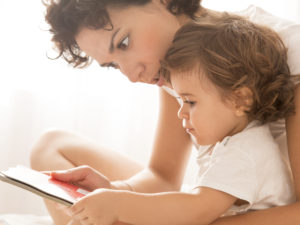

For only $249/year
you can create a caregiver friendly workplace culture
Your Start-up’s Benefit
- Use of the alska web based solution for all of your employees
- Introductory webinar and education session for management
- Kickoff campaign
Qualifying Criteria
- 25 full time employees or less
- Entrepreneur with high growth expectations
- $1 million or less in yearly revenue
- Companies less than 5 years old
Maybe you aren’t at the place where you can offer the comprehensive health benefit plan you would like to be able to. We want to help you offer an incredibly useful solution at a very low cost that will have a significant impact now and in the future.
One of the exciting advantages of being the founder of a start-up is the opportunity to create a company culture from the ground up. We understand all too well, the challenges involved with taking an idea, turning it into a tangible product and growing it into an actual company. We also understand the budget constraints that limit what start-up companies are able to provide to attract and keep the talented employees essential to success. That is why we are proud to kick off 2019 by offering a benefit exclusively to start-up companies who are committed to a culture of caring for employees and really listening to what they need, from the beginning. Do you have employees that fit the following life situations:

- Pregnancy
- Caring for a newborn
- Caring for a child with an illness or disability
- Caring for an aging or ill parent
- Caring for a sibling with disabilities
- Caring for a spouse with an illness like cancer, diabetes or other illness
- Caring for a grandparent with dementia
 We know the answer is most likely, yes. We also know we can help make life a lot easier for these individuals who are so valuable to your team because we have been making life easier for people in all of these caregiving situations for over 5 years. We make it easier by improving their ability to communicate with everyone involved in care and by connecting them to powerful tools, resources and education to make caregiving less stressful and time consuming. We take things a step further and provide virtual caregiver support groups that caregivers can attend essentially any place they have access to the internet. We are committed to helping caregivers feel more empowered and confident in their ability to care for their loved one. This has a positive impact on nearly every aspect of their life, including their work.
We know the answer is most likely, yes. We also know we can help make life a lot easier for these individuals who are so valuable to your team because we have been making life easier for people in all of these caregiving situations for over 5 years. We make it easier by improving their ability to communicate with everyone involved in care and by connecting them to powerful tools, resources and education to make caregiving less stressful and time consuming. We take things a step further and provide virtual caregiver support groups that caregivers can attend essentially any place they have access to the internet. We are committed to helping caregivers feel more empowered and confident in their ability to care for their loved one. This has a positive impact on nearly every aspect of their life, including their work.

